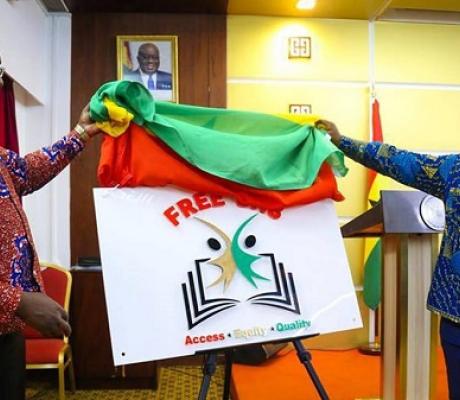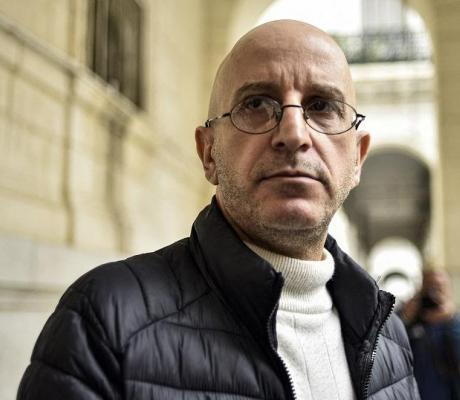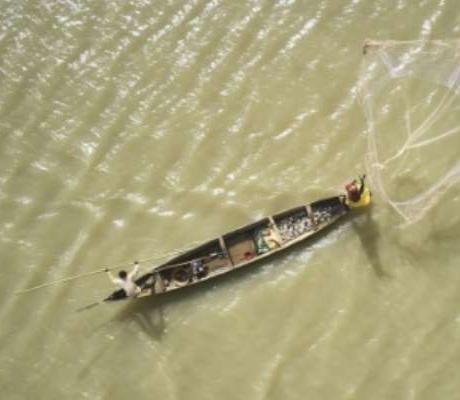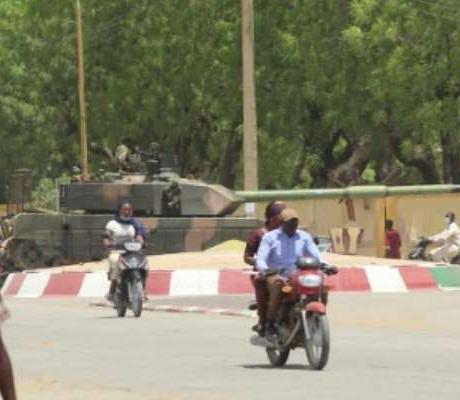In our series of letters from African journalists, Sierra Leonean-Gambian writer Ade Daramy explains how he was instrumental in getting Gambians an address.
Last year I did a piece for the BBC about how easy was to get lost in The Gambia where very few streets are named.
It sparked lively debate here in the small West African nation and I also received lots of messages on social media from people saying: "It's the same in my country."
Some viewed it as humour - as I explained how bank forms, for example, had boxes big enough for you to draw where your house was, in relation to the nearest landmarks.
But it has taken Covid-19 to show us that addresses are not a cosmetic add-on but a necessity.
How do you contact trace and monitor suspected coronavirus-infected people, if you do not have a proper address where you can find them?
How do you pick up all the suspected cases to take to a quarantine centre, when you spend hours being directed to a single house and there are hundreds of patients in other places who also need to be picked up?
Coronavirus 'to the rescue'
Well, imagine my surprise and delight when the non-profit organisation Finding Gambia called the TV channel where I work to see if we could cover a pilot scheme to give people addresses.
My name and telephone number were given as contacts, at which point they said: "Is it the same Ade Daramy who wrote that BBC article?"
I was quite flattered to be told that my piece had been used in several meetings to convince potential partners - central government and municipal councils - of the necessity for addresses.
The people who started Finding Gambia, Bakary Suso and Alieu Sowe, explained that they were using something called "plus codes" to do this.
It is Google technology, useable both online and offline, that creates a short code for any location which can easily direct people using Google Maps.
The codes work just like street addresses - and are made up of a combination of two elements:
*First is a short code of between six and seven letters and numbers
*And then a locality - a town or city.
Needless to say, I was intrigued, as our team set off to "address" the issue.
We arrived at the first house where a sign with its code printed on was fixed to the outside wall.
The process was repeated at residences and businesses in one of the largest residential areas of The Gambia, each with its own unique identifier.
I tested it out on my Google Map app - and indeed it worked - pointing me directly to one of the doors.
Despite the unarguable logic of this or any address system, Mr Suso and Mr Sowe told me they had been having a hard time getting the required authorities on board, which is where Covid-19 has probably come to their rescue.
Source: bbc.com







